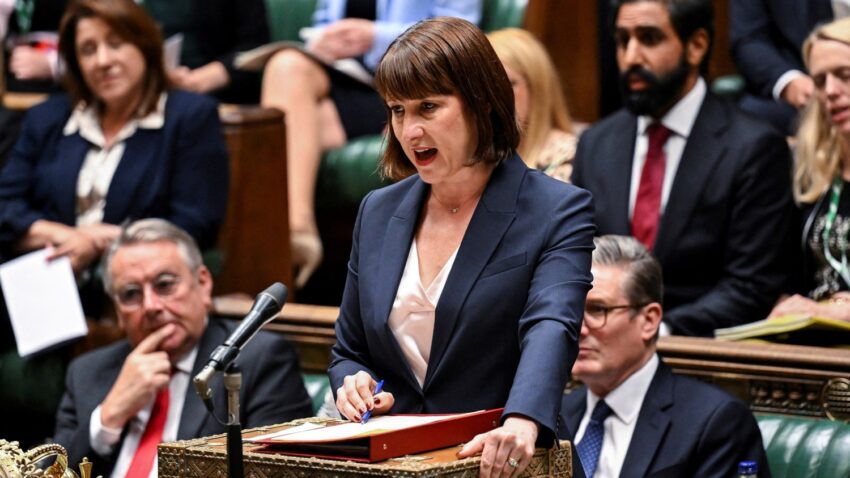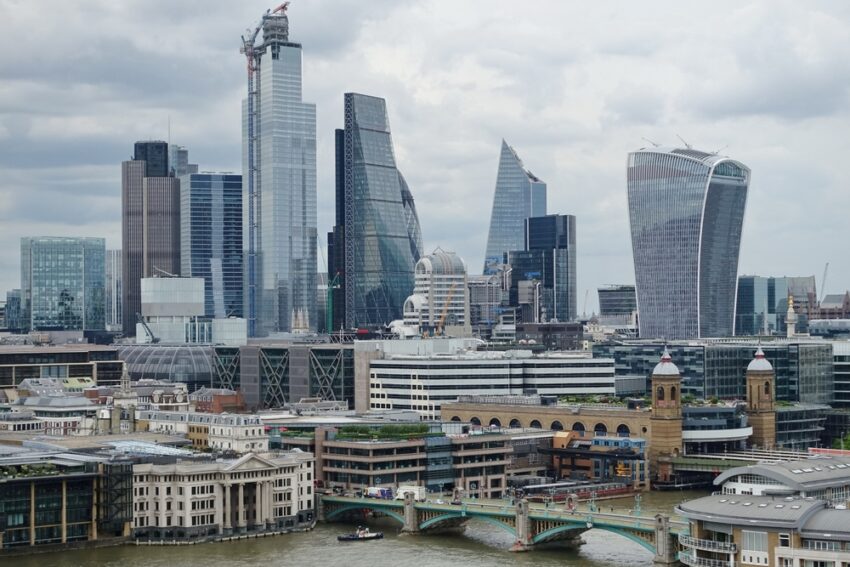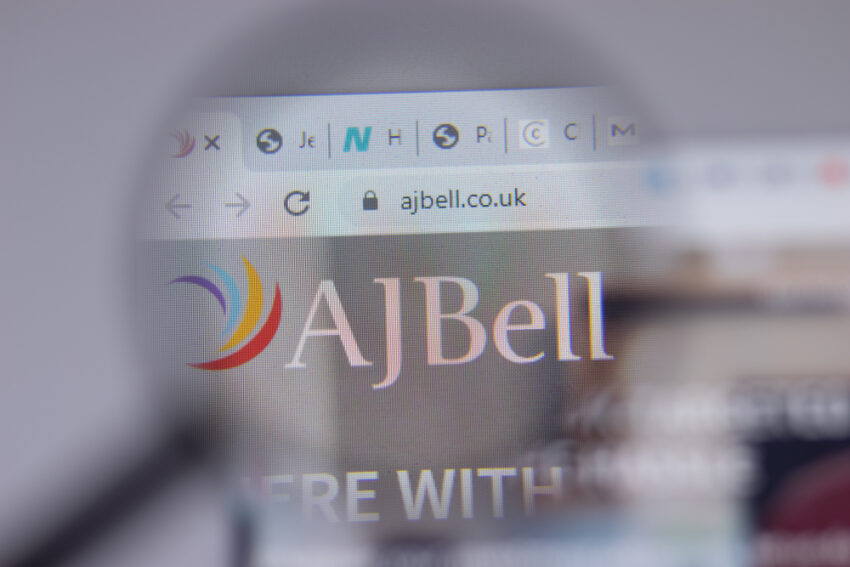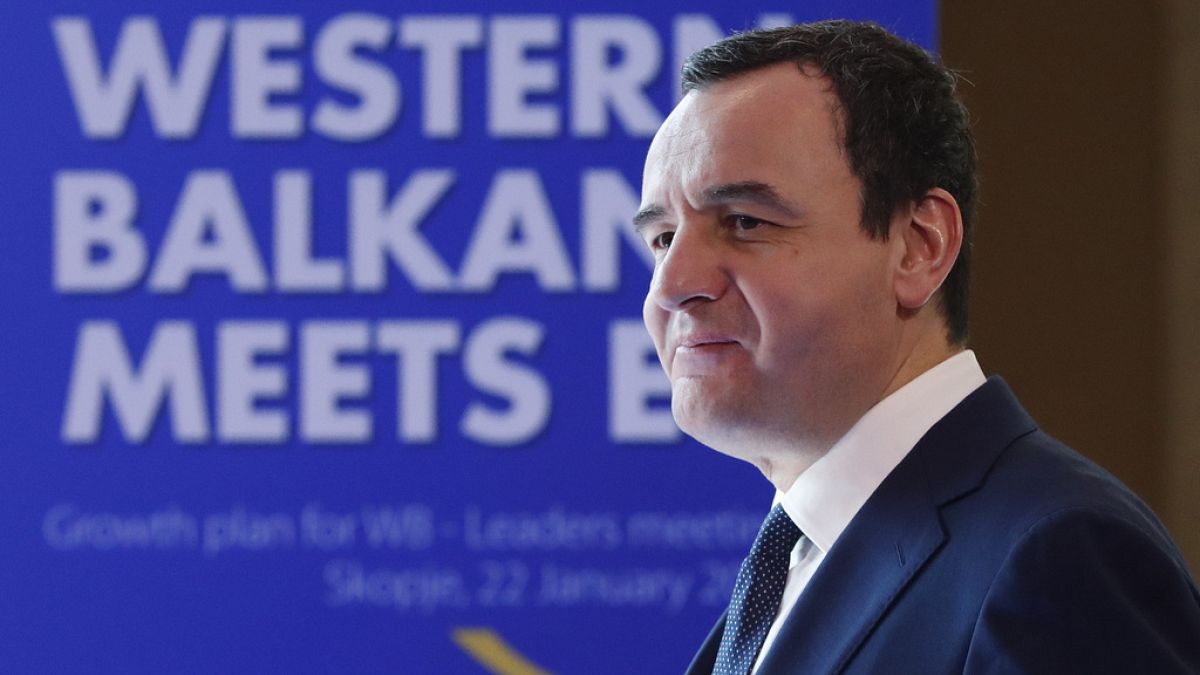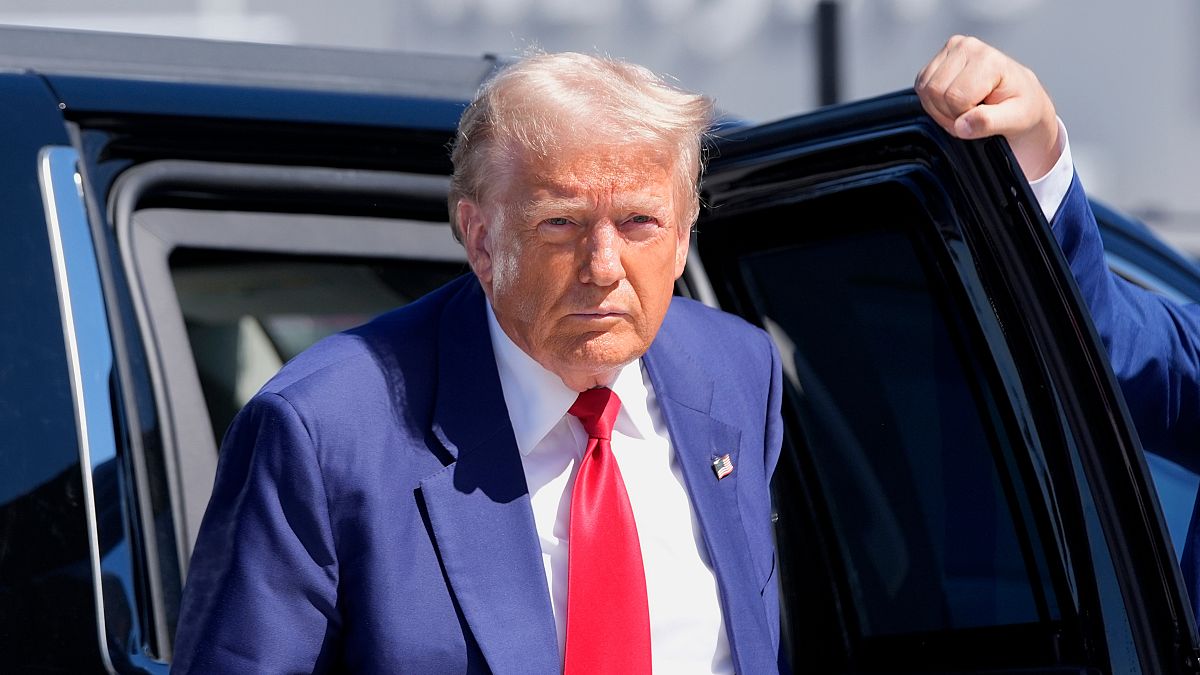Britain’s heading for a nuclear power crunch. Blame the French.
A once proud fleet of power plants is about to be reduced to one last, lonely nuke.
LONDON — When Queen Elizabeth II opened the U.K.’s first domestic nuclear power plant in the 1950s, the world came to watch.
Scientists and statesmen attended from nearly 40 countries. It was, said Richard Butler, Lord Privy Seal, an “epoch-making” moment.
By the 1990s — the sector’s peak — the U.K.’s nuclear fleet supplied over a quarter of the country’s electricity capacity.
Yet by 2028, the country will be down to its one last, lonely nuke.
The government insists nuclear, a source of carbon-free energy, remains vital to its climate goals. It will mean “energy security and clean power while securing thousands of good, skilled jobs,” Labour promised before the election. It is part of Energy Secretary Ed Miliband’s plan to lower energy bills and take the fight to Vladimir Putin.
But experts are not convinced. The lack of new nuclear capacity poses a “significant risk” to the U.K. hitting those net zero goals, the independent Climate Change Committee said last year. “[T]here is little room for delay in technology development, site identification, certification, planning and delivery” of new nuclear energy, researchers at the Energy Systems Catapult said in April.
It is time Miliband and his colleagues “got off the pot” and saved the shrinking industry, said one nuclear energy leader, granted anonymity to speak frankly.
The crisis may be coming to a boil now, but it has a long history and plenty of political parents. It depends who you ask.
It is the fault of Margaret Thatcher’s “short-termism,” claimed Labour peer (and ex-minister) John Spellar. Former Tory Prime Minister Boris Johnson blamed Labour’s Tony Blair. Conservative veteran and one-time Environment Minister John Redwood said the Liberal Democrats in government were “particularly unhelpful.”
Oh — and it is the fault of the French.
Legacy of failure
French state-owned energy giant EDF is majority owner of the U.K.’s five remaining nuclear power plants: Hartlepool in Durham, Heysham 1 and Heysham 2 in Lancashire, Torness in East Lothian and Sizewell B in Suffolk.
All are already operating beyond their sell-by dates. Four are slated for closure in the next five years. Only Sizewell B is scheduled to stay open — and when it shutters for maintenance in 2029, the U.K. will be nuclear free for the first time in over seven decades.

EDF is currently building Hinkley Point C in Somerset, a new nuclear power plant to plug the gap — but, like other EDF projects, it is running very late and billions over budget.
It is projected to come online in 2031, six years overdue. The budget has ballooned from £18 billion to £46 billion.
EDF does not expect to make a final financial decision on Sizewell C, a sister project, until 2025. The U.K. government has committed more than £8 billion to that project in the hopes of attracting other private investors. So far, none have materialized.
“They [the French government] have been trying unsuccessfully for 18 months” to get the British government to pour more public money into the projects, a French energy sector figure said. But the contract for Hinkley Point C means “we have zero leverage against the Brits in this negotiation,” they added.
The U.K. has ended up “too reliant on French energy,” said ex-Chancellor Kwasi Kwarteng. “The only issue I have got with them [EDF] is they are essentially owned by the French government,” he added — leaving the country at the whim of French business bosses and policymakers. EDF sued the French government as recently as 2022.
The same nuclear industry figure quoted above was more forthright. “I genuinely think it’s shameful that we rely on foreign investment in our critical national infrastructure. We’re not prepared to put our own money in,” they said.
“EDF remain committed to supporting the development of nuclear in the U.K. We are looking at the option for further lifetime extensions for our existing stations, building large-scale new nuclear stations at Hinkley and Sizewell, and see great opportunity for a further large-scale station at Wylfa [a proposed site in north Wales],” an EDF spokesperson said.
“We will continue to work positively with the U.K. government to deliver a new nuclear future,” they added. EDF point out they have invested £8 billion in the U.K.’s nuclear fleet.
A second industry figure said EDF’s dominance has a negative impact on workers in the U.K. The firm’s claim that 70 percent of Sizewell C’s construction value will go to the U.K. was “pretty crap” and based on “made up numbers,” they said.
Referencing Hinkley Point C, they added: “The only real benefit to the U.K. is the mattresses, sandwiches, dry cleaning and security. It’s 18,000 mattresses, 18,000 bacon sandwiches every day. So it’s money — but there’s no real nuclear content from U.K. suppliers and it is based on the French supply chain.”
A spokesperson for the Department for Energy Security and Net Zero said: “U.K. suppliers will play a vital role in the construction of Sizewell C, delivering most of the civil, mechanical and electrical engineering, and creating 1,500 apprenticeships to build the nuclear workforce of the future.
“This will require some of the highest skill levels in the U.K. nuclear engineering and construction industries and will deliver multi-billion-pound contracts to suppliers up and down the country, with plans for £4.4 billion of investment in the east of England alone.”
Blame game
Political blame can be cast back as far as Conservative Prime Minister John Major in the early 1990s. Julia Pyke, managing director at Sizewell C, pointed to the “dash for gas” after the collapse of the Soviet Union and Major’s rejection of nuclear expansion.
“What happens when you put an industry into decline is that — unsurprisingly — it declines, and it is therefore that much harder to rebuild it,” she said.

As prime minister, Boris Johnson hammered Major’s Labour successors for failing to build new nuclear plants. Gordon Brown sold the country’s assets to EDF in 2008 for £12 billion, promising private investment would flow in to help construct eight new plants. Brown hailed nuclear as “a massive opportunity for the U.K. economy and jobs.” Yet no construction started on his watch.
“For 13 years, the previous Labour government did absolutely nothing to develop this country’s nuclear industry. … Thanks a bunch, Tony, and thanks a bunch, Gordon,” Johnson told reporters in 2022.
“The Lib Dems were particularly unhelpful” when they entered the coalition government in 2010 by “pushing for no new nuclear [power],” John Redwood argued. Nuclear plants coming offline leaves “a colossal gap,” he said. “We’re meant to be making progress with Sizewell C but we haven’t got on with that.”
Meantime, newly-elected Labour MP Josh MacAlister points the finger back at Johnson and co. “After 14 years of the Conservatives failing to deliver a single completed new nuclear reactor, we need to get on with it,” he said.
Kwarteng blames the Whitehall blob. A short-term “civil service point of view” has gripped the government machine since North Sea oil was discovered in the 1960s, he argued. “We have never bitten the bullet on [reviving] nuclear, because it’s been too expensive, even though it provides a measure of security and is very stable.”
Miliband, the current energy secretary, has attacked the Conservatives for “dither and delay” over nuclear. But now the onus is on him to act.
“I think it would be very helpful if the government got off the pot and said, ‘Here’s what we’re committed to. Here is definitely what we’re going to do. The target is this, we’re going after it, and Sizewell C is an absolutely crucial part of it,’” said the first industry figure.
Labour shortages
Nuclear still provides 15 percent of the country’s energy mix. But ministers face questions over whether plans are moving at sufficient pace.
“I do think we’re going too slowly, and I think we started too late,” said the same industry figure. “People are still pretty nervous in the industry about whether we are or are not serious about nuclear.”
They may be in luck if — as Kwarteng thinks — Miliband turns out to be a late convert.
“Ed was pretty against nuclear last time he was in post 15 years ago but has since converted to it,” Kwarteng said.
Miliband will face pressure from his own side, too. “[Without nuclear] there isn’t a credible path to net zero,” said Charlotte Nicholls, the Labour MP for Warrington North and former co-chair of parliament’s nuclear energy group.
Tom Greatrex, once a Labour MP and now boss of the Nuclear Industry Association lobby group, said: “What should be one of the lessons of the last 10-15 years is that, if you don’t get on and make decisions that will come to fruition in that sort of timeframe, you’re going to leave yourself in a much worse position.”
Nicolas Camut contributed to this report from Paris.
This article has been amended to clarify that a quote related to U.K. supply chains refers to the Hinkley Point C nuclear plant.
What's Your Reaction?














